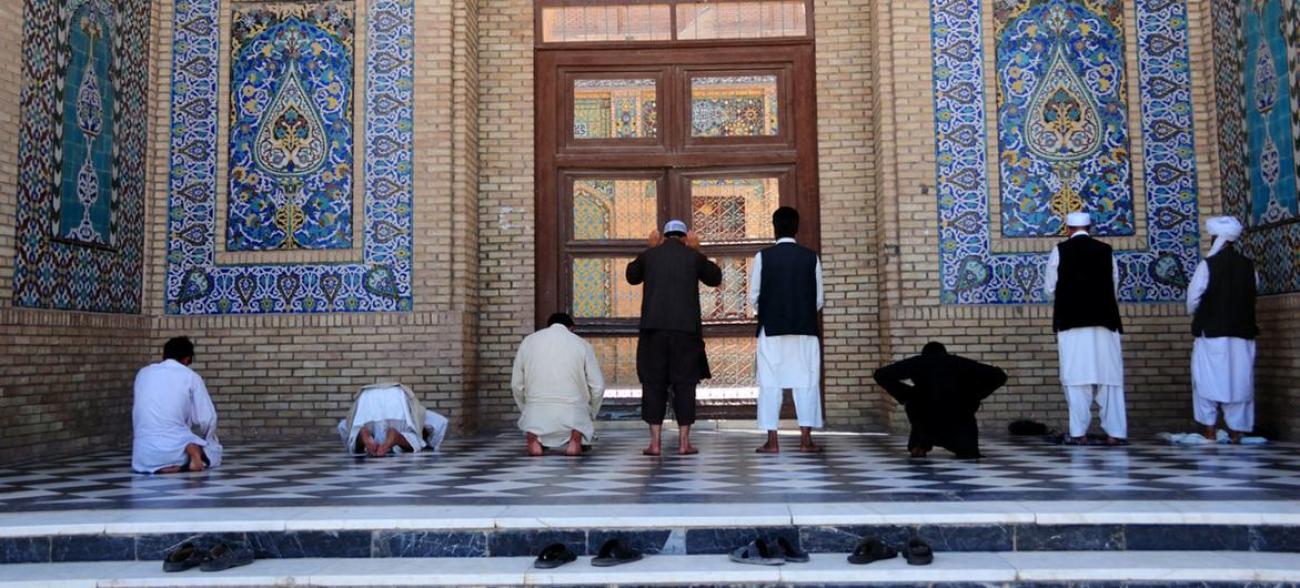The UN’s top human rights official on Tuesday urged respect for religious tolerance as Member States gathered in Geneva in response to the recent burning of the holy Quran in the Swedish capital.
Those who had burned the Quran most likely did so “to express contempt and inflame anger”, Mr. Türk said, as he warned that these acts also aimed “to drive wedges between people” to provoke and transform differences into hatred.
Dialogue to repair differences of opinion and faiths is key, the UN rights chief continued, as he condemned hate speech against and by people of all mainstream and minority faiths, highlighting instead the benefits of diversity to all societies.
The right to believe – or not to believe – “is fundamental to the Universal Declaration of Human Rights”, the High Commissioner told the Human Rights Council, which met on Tuesday for the urgent debate at the request of Pakistan.
He said leading politicians and senior religious figures have a “particularly crucial role to play” in speaking out clearly against disrespect and intolerance.
“They should also make it clear that violence cannot be justified by prior provocation, whether real or perceived,” he added.
Limits to free speech
The High Commissioner stressed that limiting free speech or expression to any degree must remain “as a matter of fundamental principle” an exception, especially given that laws limiting speech are “often misused” by authoritarian governments.
But, some acts of speech constitute incitement to violence and discriminatory action, he continued.
Numerous acts of violence, terror, and mass atrocity have targeted people based on their religious beliefs, including inside places of worship.
Although international law is clear on the issue, national courts must determine each case in a manner “that is consistent with the guardrails that international humanitarian law provides”, he said.




